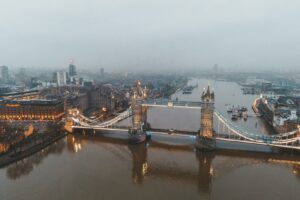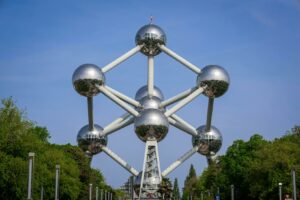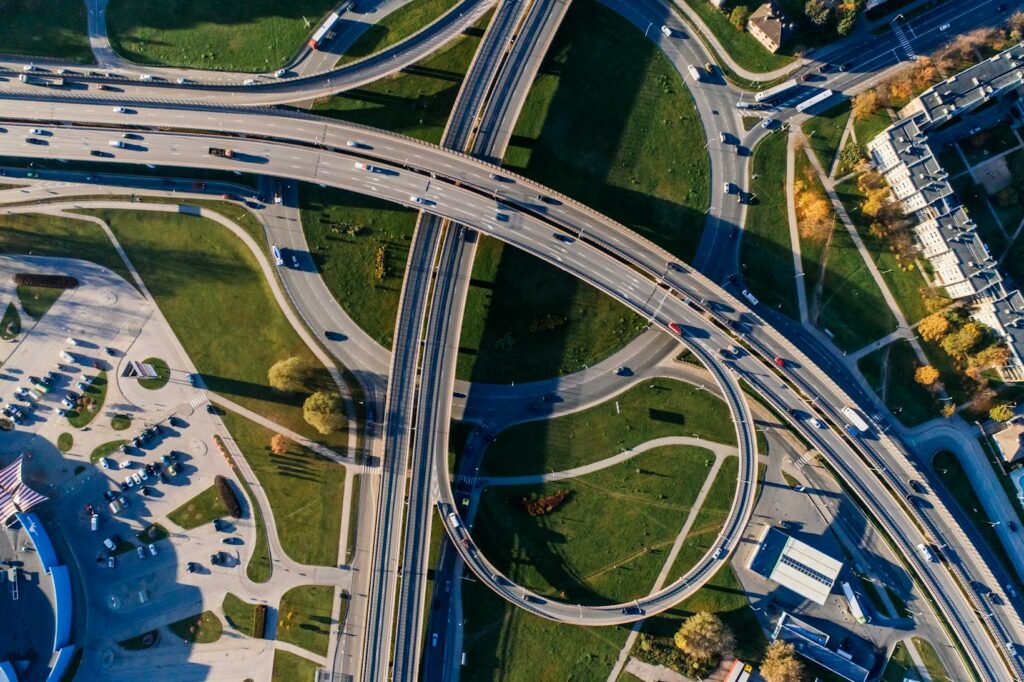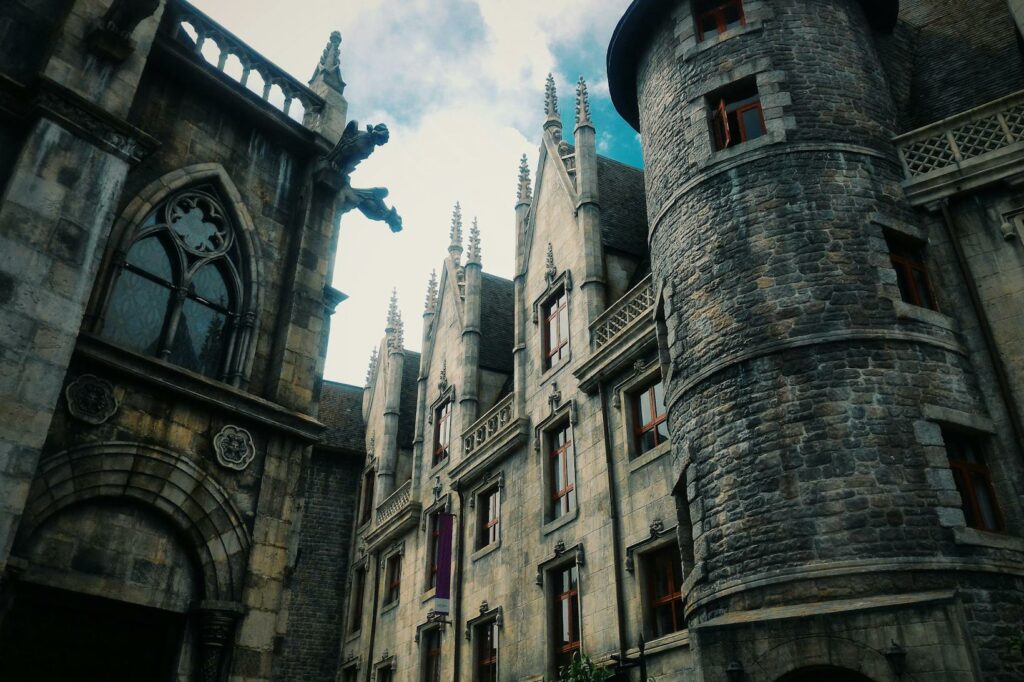Embark on a captivating journey through the intricate tapestry of Modern Europe’s history. From the ashes of war to the dawn of new ideologies, this article delves into the pivotal moments that have shaped the continent into what it is today. Discover the triumphs and tribulations that have defined Europe’s evolution over the centuries.
A History Of Modern Europe
Europe’s modern history traces back to the end of the Middle Ages when societal and economic changes set the stage for the continent’s transformation. The roots of Modern Europe can be seen in the transitions from feudalism to capitalism, the rise of nation-states, and the exploration and colonization of distant lands.
 During the Renaissance period, a cultural rebirth swept across Europe, marking a significant shift in art, science, and philosophy. This intellectual revival, coupled with advancements in technology and trade, laid the groundwork for the Age of Enlightenment, fostering critical thinking and challenging traditional authority.
During the Renaissance period, a cultural rebirth swept across Europe, marking a significant shift in art, science, and philosophy. This intellectual revival, coupled with advancements in technology and trade, laid the groundwork for the Age of Enlightenment, fostering critical thinking and challenging traditional authority.
The Industrial Revolution of the 18th and 19th centuries brought about unprecedented changes, propelling Europe into an era of industrialization, urbanization, and technological innovation. This period of rapid growth reshaped societies, economies, and power dynamics, setting the stage for the emergence of modern nation-states and global influence.
The origins of Modern Europe are deeply ingrained in a series of interconnected movements and developments that laid the foundation for the continent’s political, cultural, and economic landscape. The legacy of these transformative periods continues to shape Europe’s identity as a dynamic and diverse region with a rich tapestry of history and heritage.
Key Events and Turning Points
Europe’s history is marked by several key events and turning points that have significantly influenced its trajectory over the centuries.
Industrial Revolution

The Industrial Revolution, which began in Britain in the late 18th century, was a pivotal period characterized by the shift from agrarian economies to industrialized societies. It brought about technological advancements in manufacturing, transportation, and communication, revolutionizing the way goods were produced and distributed. This era saw the rise of factories, steam engines, and mechanized production processes, leading to urbanization and the growth of cities.
World Wars
The World Wars, particularly World War I and World War II, were transformative events that reshaped the geopolitical landscape of Europe and the world. World War I, fought from 1914 to 1918, resulted in the collapse of empires, redrew national borders, and set the stage for the rise of totalitarian regimes. World War II, spanning from 1939 to 1945, was even more devastating, causing widespread destruction, loss of life, and the horrors of the Holocaust. These wars marked the end of old power structures, the beginning of the Cold War, and paved the way for the European Union and the quest for peace and cooperation in the region.
Cultural Transformation
The cultural transformation in Modern Europe was deeply impacted by the events that unfolded during the Industrial Revolution and the World Wars. These significant historical occurrences brought about profound changes in the societal fabric of Europe, shaping its cultural identity for years to come.
- Artistic Renaissance: The Renaissance period marked a renewed interest in art, literature, and culture, with a focus on humanism and individualism. Artists like Leonardo da Vinci, Michelangelo, and Raphael epitomized this era with their masterpieces that celebrated human potential and creativity.
- Enlightenment Ideals: The Age of Enlightenment introduced new philosophical and intellectual thoughts that emphasized reason, science, and individual rights. Thinkers such as Voltaire, Rousseau, and Montesquieu advocated for freedom, tolerance, and the separation of powers, laying the foundation for modern democratic principles.
- Cultural Exchange: Exploration and colonization facilitated cultural exchange between Europe and distant lands, leading to the exchange of ideas, goods, and technologies. This intercultural interaction enriched European societies and brought about a fusion of traditions and beliefs.

- Technological Advancements: The Industrial Revolution brought about rapid advancements in technology, transforming the way people lived and worked. Inventions like the steam engine, telegraph, and mechanical loom revolutionized industries, communication, and transportation, further influencing cultural practices and societal norms.
- Impact of World Wars: The devastation wrought by World War I and World War II had a lasting impact on European culture. These conflicts led to a reevaluation of values, identity, and collective memory, prompting a shift in artistic expressions, literature, and cultural movements that reflected the trauma and aftermath of war.
- Cultural Resilience: Despite the challenges posed by wars and socio-economic changes, European culture exhibited resilience and adaptability. Through art, literature, music, and film, Europeans conveyed their experiences, emotions, and aspirations, capturing the essence of a continent in constant evolution.
The cultural transformation in Modern Europe was a dynamic process driven by historical events and societal shifts, shaping the rich tapestry of European heritage that continues to evolve and inspire to this day.



